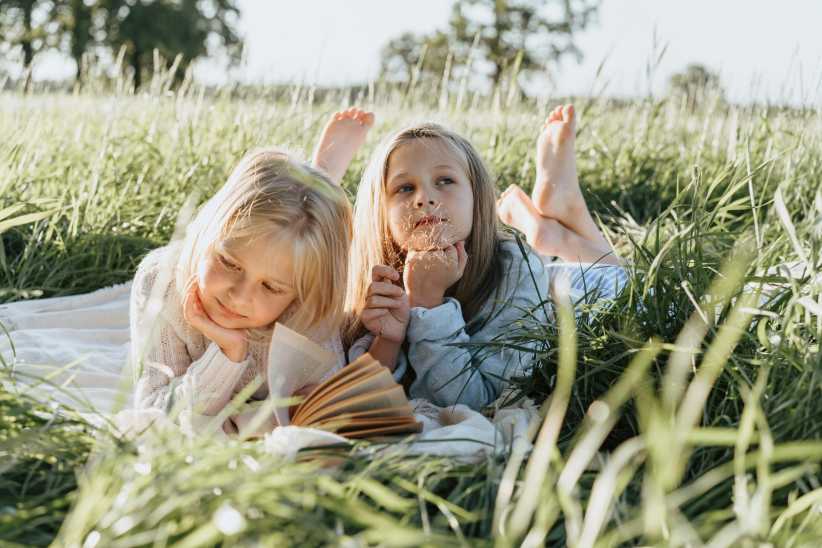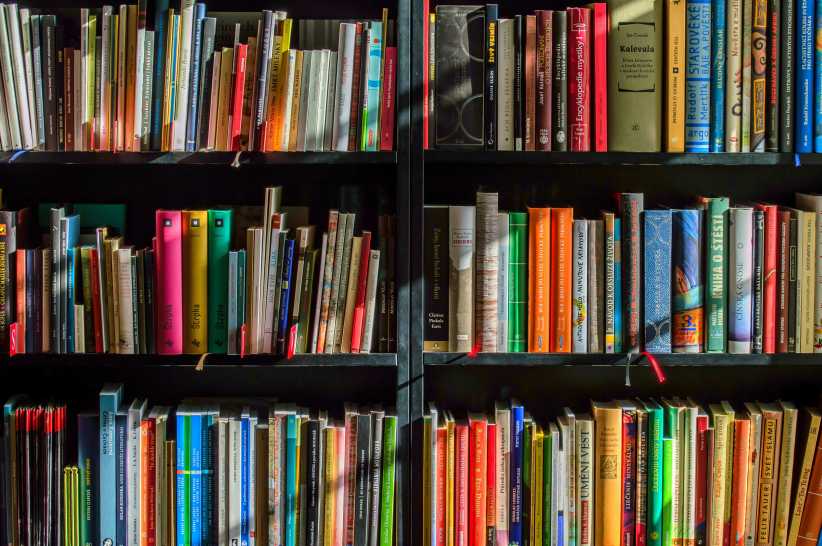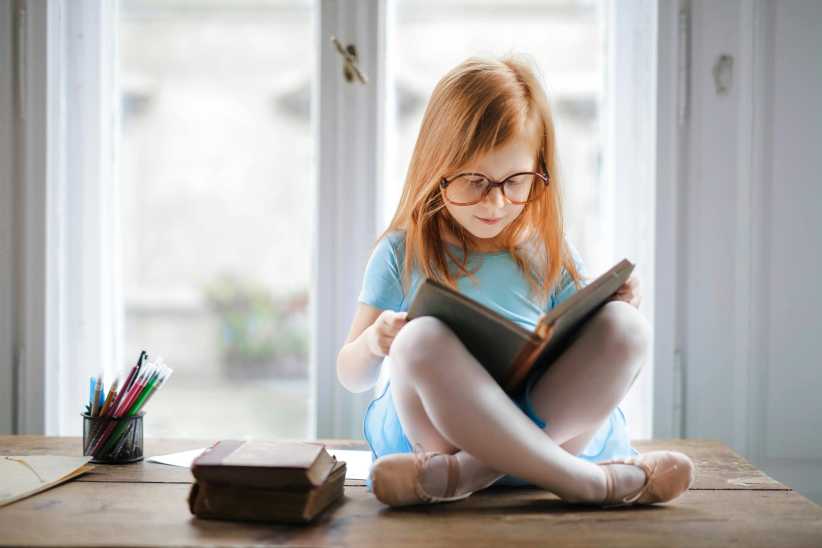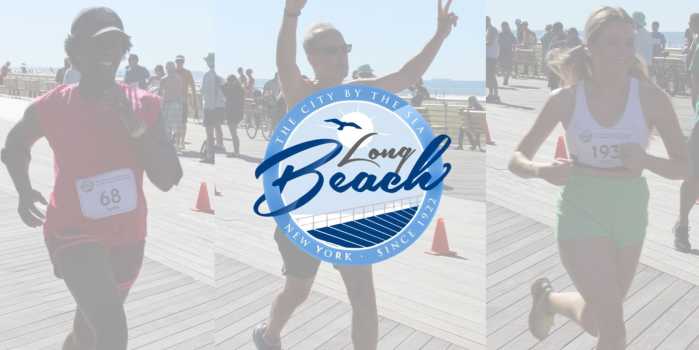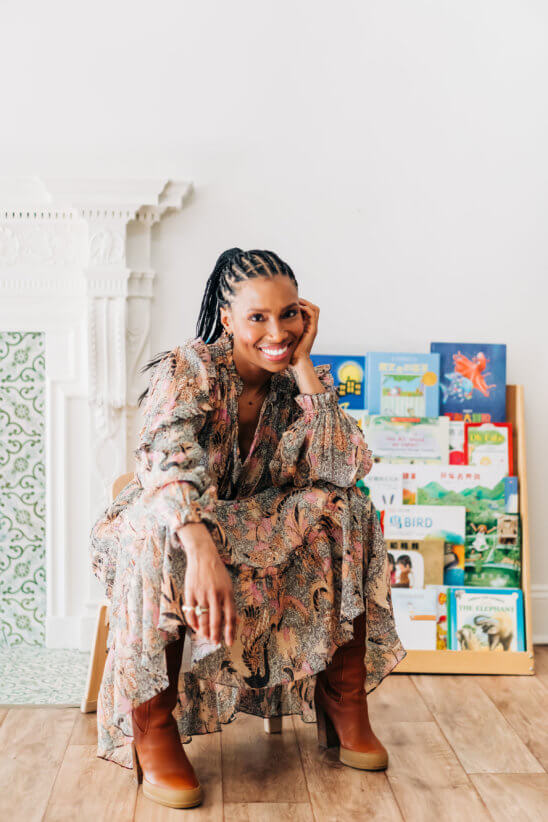
Jodie Patterson Social Activist Children’s Book — Born Ready: The True Story of a Boy Named Penelope
Here at New York Family, we know that parenting is all about learning. We learn how to talk to our kids about the world around us, we learn how to prioritize time for ourselves, we learn how to raise our little ones amidst a growing digital landscape (from TikTok to the new Instagram for kids and everything in between). But every now and then, our kids surprise us. They teach us something new, something that opens up our perspective and redefines the way we relate to others. And in her debut children’s book, Born Ready: The True Story of a Boy Named Penelope, Jodie Patterson reminds us how to be there for our kids when they do. We got the scoop on this must-read book, beautifully illustrated by Charnelle Pinkney Barlow, that puts gender identity and gender fluidity in conversation with young readers and their parents. Yes, Born Ready is the trans, queer, and Black representation that we need, but let’s think beyond representation. Instead, let’s look at how and why these communities are being represented. And if we do that — if we have the “beyond representation” mindset — we (kids and parents alike) just might discover what it means to love, learn from, and accept the people in our lives who are different from us.
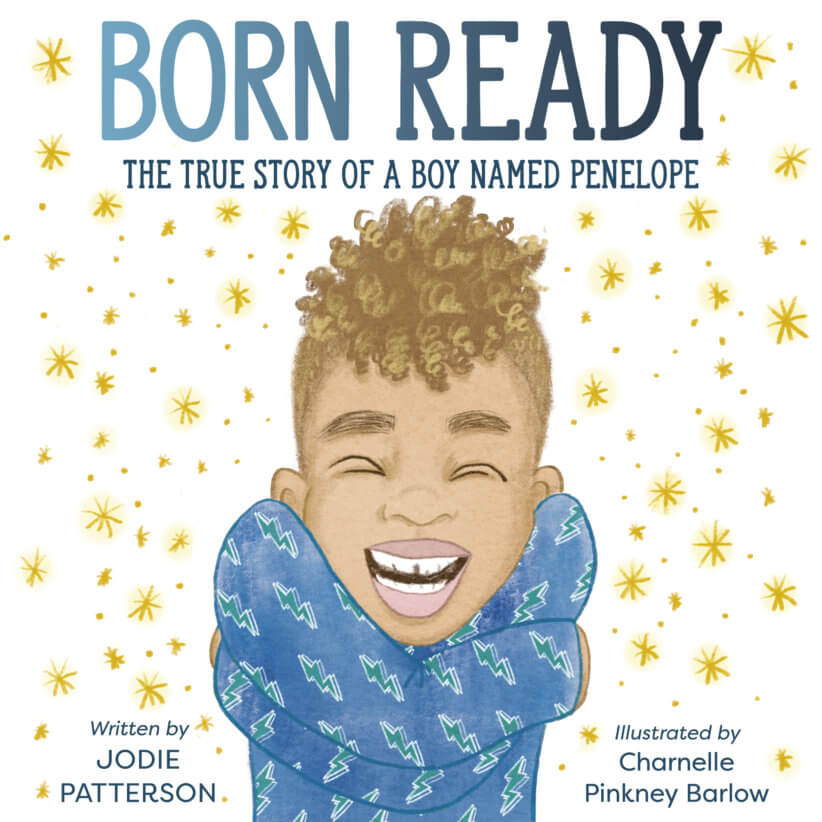
We knew that Born Ready would totally be on the radar for our NYC parents, so we caught up with Jodie Patterson to dive deeper into what this book is all about. Read on to see what Jodie has to say about self-discovery, family, and experience as truth.
First, a bit about Jodie Patterson:
Jodie Patterson is a social activist, entrepreneur, and writer. She is the author of The Bold World: A Memoir of Family and Transformation and was Family Circle magazine’s Most Influential Mom in 2018. She works closely with a number of gender/family/human rights organizations and is the chair of the board of directors of the Human Rights Campaign. She is a sought-out public speaker addressing a wide range of audiences about identity, gender, beauty, and entrepreneurship. She is the mother of five children, two of whom are self-proclaimed gender nonconformists — one transgender and another genderqueer. Jodie raises her family in Brooklyn, New York.
To get us started, can you tell us a little bit about your journey as an author, from your 2019 memoir, The Bold World, to this new children’s book? How do you see art and activism related, if in any way?
I’ve always liked to write and read a lot. In writing The Bold World, I was influenced by my journal entries and notes that I had tucked away and then resurfaced during the process. When my son told me “Mom, I’m not a girl. I’m a boy”, it provoked this question: If I didn’t know my own child was a boy, what else in the world do I not know? To understand what you know and what you don’t, you have to go back. I went back in my history — the history of my family — to look at the moments when gender was described to me. I wrote this story about how a cisgender, upper-middle class, Black, hetereo woman, transitioned into knowing a bit more about life. A lot of the readers said “I love the book, and I can’t wait to share it with my children”, and I thought, “Well, I don’t know if it’s a book for a five-year-old”. So I wanted to write a book that was digestible for kids and families. Born Ready allows children to enter the conversation about gender, identity, and family, without placing old ideas on new minds. Born Ready brings forth Penel’s truth, his siblings’ truth, and it shows how we can shift communities for the ones that we love. Parents want to be able to find the “yes” when raising their children: yes you can, yes I believe you, yes let’s do this together, but oftentimes we don’t know where to find it. I’m hoping that Born Ready can show us how to find the “yes”.
Although a children’s book, I found myself eagerly turning the pages as I read it to find out what happens next in Penel’s self-discovery. I’m curious about the audience: when writing Born Ready, who did you imagine the audience to be?
If a trans-identified child or a sibling of a trans-identified child, and particularly if a trans-identified child of color, picks up this book, then that is a win. The audience is primarily children, but I think that children are complex. Children have an understanding that is deeper than we acknowledge. There’s a moment when Penel transfers his ninja powers to me. It’s a concept that I study as an adult, about human potential, about how we can transfer energy from human to human, but also how we can gain information from objects, nature, and other people. Energy transfers are not a light, “kids” topic. I hope that people feel the depth of this book. I didn’t try to simplify it into a picture or word, because I’m working with really big concepts.
I’m actually really compelled by the “ninja” thread that runs throughout the story. On the opening page, Penel tells readers: “I’m a ninja.” Then when he tells his mom that he’s a boy, he “[transfers] some of [his] ninja powers to help her understand”. His room is covered in ninja-like drawings, and later, he joins karate, winning a competition in the end. How did you see this idea of the “ninja” working its way into the text?
I wasn’t necessarily using the ninja as a way to describe Penel’s gender nonconformity, because it was who he himself claimed to be. He would act as a ninja all the time: zipping through the house, karate chopping, and lunging. But if I had to look at it, I think it was about power for him. Ninjas have a way of moving through obstacles that seem dense. They can appear in one place and then reappear in another, and you’re not quite sure how the ninja got there. Ninjas have this power to transform and to break through barriers that most of us would not understand how it could be done. There is power in being authentic, but there’s also power in being trans. Penel himself has a power that is unique, and we’re calling that his ninja.
A bit of back story: as of about two months ago, Penel said that he does not want to be referred to as Penelope. We named him after his grandmother, and when he first told me he was a boy, I asked him if he wanted to change his name. He looked at me like I was crazy, and I stumbled and said “well, maybe you want to choose a more boy name” (still stuck in this idea that there are boy names and girl names). Penel said that he would never want to do that because he loves his grandmother. But now that he’s in eighth grade, he wanted to change his name to Penel. I’ve heard arguments like, what if the child doesn’t know what they really want, what if the child changes their mind, what if this is not the last point on the journey? More than likely, this is NOT the last point on the journey. I hope that my child shifts and changes from 5 to 95, and we will shift with him.
I definitely noticed that throughout the book, even though Penel struggled to tell his loved ones how he felt on the inside, once he did, he had everyone’s full support, besides the bit of tension with his older brother.
And that tension is actually still there. When I look at my five children, much of how they were ten years ago is how they are today. Not everyone agrees on gender, not everyone agrees on trans reality, and in fact, Cassius still does not think it’s scientifically proven that there are multiple genders. That scene where he says “You can’t become a boy. You have to be born one”, is still his perspective. I think a lot of people assume that my activism is for Penel. And it is, but it is also for every child in my family. The same way that I respect Penel, I respect all the children and have allowed for a very robust conversation to take place around gender, identity, race, and sexuality. In our differences, we’re still at the dinner table together.
Beyond that tension with his brother, Panel had support from a number of people. How do you then see this book speaking to trans-identified kids who do not have the support that Penel has? We have certainly progressed a lot when it comes to diversity & inclusion, but there is still a long way to go. So how do you see this book speaking to kids who are hesitant to identify as LGBTQIA+ because they’ve grown up in an environment that may not understand or support them?
That is the tough part, because this is community work. I’d say it’s twofold: first, I want kids to think about the power that they own. Their voice matters, their responsibility matters, and I want kids to see that there is an ownership in this process. But I also want kids to look towards folks that are in their lives, whether that is their biological family or their community. I think Penel’s karate coach was just as influential in terms of developing Penel’s confidence as I was. I hope that kids will see that their person could be mom, but mom might be busy. It might be a sibling, but that sibling might not understand. It could be a coach or a best friend who says “you look great”. So the message to kids is 1) Recognize that you have power, and then 2) Find someone who sees you and plant yourself right there.
Can you tell us a bit more about the title and your inclusion of “The True Story”? Why is it important to you that readers know that this is a true story?
A lot of times people say that it couldn’t have been that easy. They say: tell us the real story. This is not how I wanted it to be; this is how it actually went down. I wrote this book with my children. I want people to understand that this is not only how it could happen for other people — there can be triumphant stories within queer Black families — but this is how it actually did happen. So many times, queer people are made to “prove” their realities. Being in the numerical minority, as Black people and trans people in America, we are asked over and over to prove our truths. With the title of my children’s book, I wanted to set the record straight, from the beginning: Penel is true, we are true, our reality is true. The title was actually an afterthought: “Born Ready” was always there, but we added in that line, “The True Story of a Boy Named Penelope”, because you have to remind people of what is true.
Given that you live in Brooklyn with your family, has NYC shaped your perspective, either as a mother, author, or activist?
Absolutely. I grew up in New York, and theater has been huge for me. I remember sitting, right out of college, at the public theater watching Huey P. Newton and the Black Panther just come to life on stage. For me, theater coaxed this idea of activism and creative dynamics in New York. And New York has so many distinct communities: whether you’re on the subway or the street, you will interact with these diverse communities, personalities, and even gender identities. So the very soil of New York City birthed a lot of creativity and revolution in me.
I was worried when we moved from Soho to Brooklyn, but Brooklyn, and Bed-Stuy in particular, has only been a place of support. Bed-Stuy has been a sort of “chosen-family” concept for us: biological or not, when you find a village that supports you, that’s where you want to plant yourself. And we definitely planted ourselves there. What I would hope that Born Ready does is encourage us not to live in small bubbles: we should push ourselves outside and align ourselves with people who do not necessarily look, sound, or identify as we do, yet we can find the commonality between us.
One last question for you! We’re always on the lookout for diverse & inclusive children’s books. What other children’s books would you recommend?
Julián is a Mermaid by Jessica Love! It’s about a child who wants to present as a mermaid, and Julián’s grandmother who supports his gender fluidity, allowing Julián to go along in life the way Julián wants to be. Julián is a Mermaid is a beautiful, graceful story.
Big thank you to Jodie Patterson for this inside scoop about her book. Want to share Penel’s story with your kids? Purchase a copy of Born Ready: The True Story of a Boy Named Penelope today! Curious to learn more about Jodie and her family? Follow her on Instagram @jodiepatterson.












